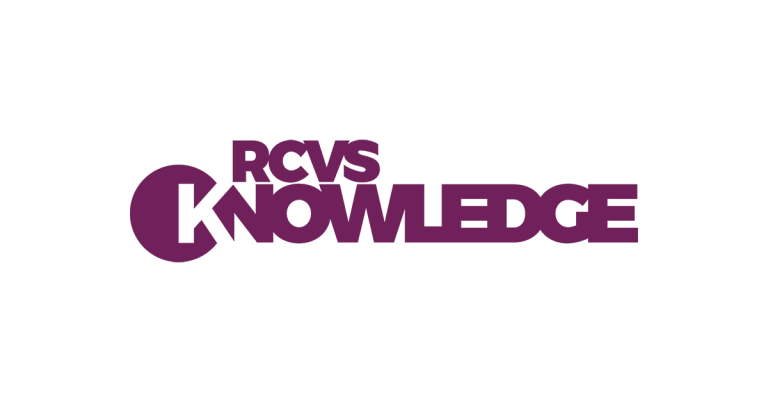22 Oct 2020
“We are looking forward to hearing from a wide range of veterinary professionals and animal owners to help us produce this vital resource…” – Freya Rooke, University of Nottingham.

RCVS Knowledge has launched a study – in collaboration with researchers at the University of Nottingham – to develop a consistent language of improvement that will help advance the quality of care provided by veterinary professionals.
It is hoped its findings will provide vital clarification for the profession – including those within practice, education, policy and industry settings – to help to break down barriers to adopting quality improvement (QI) within the veterinary sector.
The project is one of the ways RCVS Knowledge is responding to the recommendations published last year in “Assessing the landscape and future actions for quality improvement in the veterinary sector” – a large-scale study of the QI landscape in the veterinary professions.
It found a considerable number of veterinary professionals feel some of the language used in QI can be unclear and difficult to understand, and, therefore, hard to implement in practice.
Freya Rooke, of the University of Nottingham School of Veterinary Medicine and Science, is working with RCVS Knowledge to conduct the QI terminology study, as part of her PhD, supported by CVS Equine and the university.
Results will be available as a free resource via the RCVS Knowledge website, presented at conferences and submitted for publication in a peer-reviewed journal.
The study is starting with a short questionnaire open to participants from across the veterinary profession, seeking opinions on the definitions of language relating to QI.
Researchers will then ask a smaller number of questionnaire participants to form a panel, also including animal owners, which will help further refine the language used to discuss QI.
Ms Rooke said: “We are delighted to be working with RCVS Knowledge on developing definitions for QI and making QI more accessible for the veterinary profession.
“I would like to thank CVS Equine and the University of Nottingham for their support in enabling my PhD, which is investigating the effectiveness of QI methods in equine practice.”
She added: “We are looking forward to hearing from a wide range of veterinary professionals and animal owners to help us produce this vital resource, which will have a wide-reaching impact on the veterinary professions and patient care for years to come.”
To register interest in the study, complete the questionnaire – participants are also encouraged to share this with veterinary colleagues.